Asfur Angelfish
$219.99
-
Select Variant
It is also known as the Asfur Angelfish is also called the Arabian Angelfish, or Crescent Angelfish. It is a species that originated in the Red Sea, but also located in the Indo-Pacific The Asfur is characterized by an emerald-blue/purple dark body with a black face, a the tail is yellow, as well as a dominant yellow crescent that runs across it vertically. Sometimes, it is mistaken for Pomacanthus maculosus. The Asfur Angelfish has a bright yellow tail. Similar to other Pomacanthus species, the coloration of the juvenile is distinct from that of the adult.
A shy fish that is best when not kept in conjunction with other Asfurs due in part to territorial behaviour, the Asfur Angel requires 150 gallons of tank space with several hiding spots as well as live rock to graze. The Asfur Angelfish can be prone to nibble at soft and stony corals (sessile invertebrates) and clam mantles however, it is possible to keep small polyped stony corals as well as some soft corals that are noxious.
All Angelfish are hermaphroditc. Asfur is one of them. Asfur Angelfish is indistinguishable from male to female and extremely difficult to breed in an aquarium.
In a highly restricted reef habitat the Asfur needs an omnivorous diet consisting of meats, vegetables and preparations of angelfish that include Spongiform substances.
Approximate Purchase Size: Small: 1-1/2" to 2-1/4"; Small/Medium: 2-1/4" to 3"; Medium: 3" to 4"; Medium/Large: 4" to 5" Large: 5" to 6" XLarge: 6" to 7" XXLarge: 7" to 8"
- Description
- Additional Information
- Reviews
General information regarding Asfur Angelfish
The Asfur Angelfish originated in the Red Sea, but also located in the Indo-Pacific The Asfur is a fish with an emerald-blue/purple dark body and face that is black, with a tail that is yellow, as well as a dominant yellow crescent that runs across it vertically. Sometimes, it is mistaken for the Pomacanthus maculosus The Asfur Angelfish has a bright yellow tail. Like other Pomacanthus species, the color of the juvenile is different from that of the adult. A shy fish that performs best when kept separately from other Asfurs due in part to territorial behaviour The Asfur Angel requires an enormous tank with plenty of hiding spots and live rock to graze. The Asfur Angelfish tends to nip at stony and soft corals (sessile invertebrates) and clam mantles however, it is possible to keep small polyped stony corals as well as some soft corals that are noxious. Diet & Nutrition Pomacanthus asfur eats predominantly on sponges and tunicates. They are large and omnivores and can consume diverse diets that include sponges, with a small amount of tunicates, algae, bryozoans, and hydroids. Asfur Angelfish Origin The species is widespread throughout its range of habitats in the Western Indian Ocean, Red Sea as well as the Gulf of Aden, then southwards into Zanzibar to Tanzania.Appearance and Coloration
- Adults: Dark blue/purple body, black face, yellow tail, and a vertical yellow crescent.
- Juveniles: Marked color difference from adults; distinct yellow tail.
Habitat and Tank Requirements
- Tank Size: Minimum of 150 gallons.
- Habitat: Requires numerous hiding places and live rock for grazing.
- Behavior: Shy and territorial; best kept alone due to aggression towards other Asfur Angelfish.
Compatibility and Diet
- Feeding: Requires a varied diet including vegetables, meats, and angelfish preparations.
- Coral Compatibility: Nips at stony and soft corals but can coexist with small polyped stony corals and some soft corals.
Breeding and Reproduction
- Hermaphroditic: Indistinguishable between male and female.
- Breeding: Very difficult to breed in aquarium settings.
Approximate Size and Purchase
- Size Range: Small: 1" to 2-1/4"; Medium: 3" to 4"; Large: 5" to 6"; XLarge: 6" to 7"; XXLarge: 7" to 8".
- Availability: Sometimes challenging to find due to its rarity in the hobby.
Additional Notes
- Origin: Red Sea and Indo-Pacific regions.
- Reef Environment: Requires careful consideration due to its feeding habits and territorial nature.
LINKS to follow:
size
Large, Medium, Small
Units
1
Weight
6 lbs
Dimensions
1 × 1 × 1 in

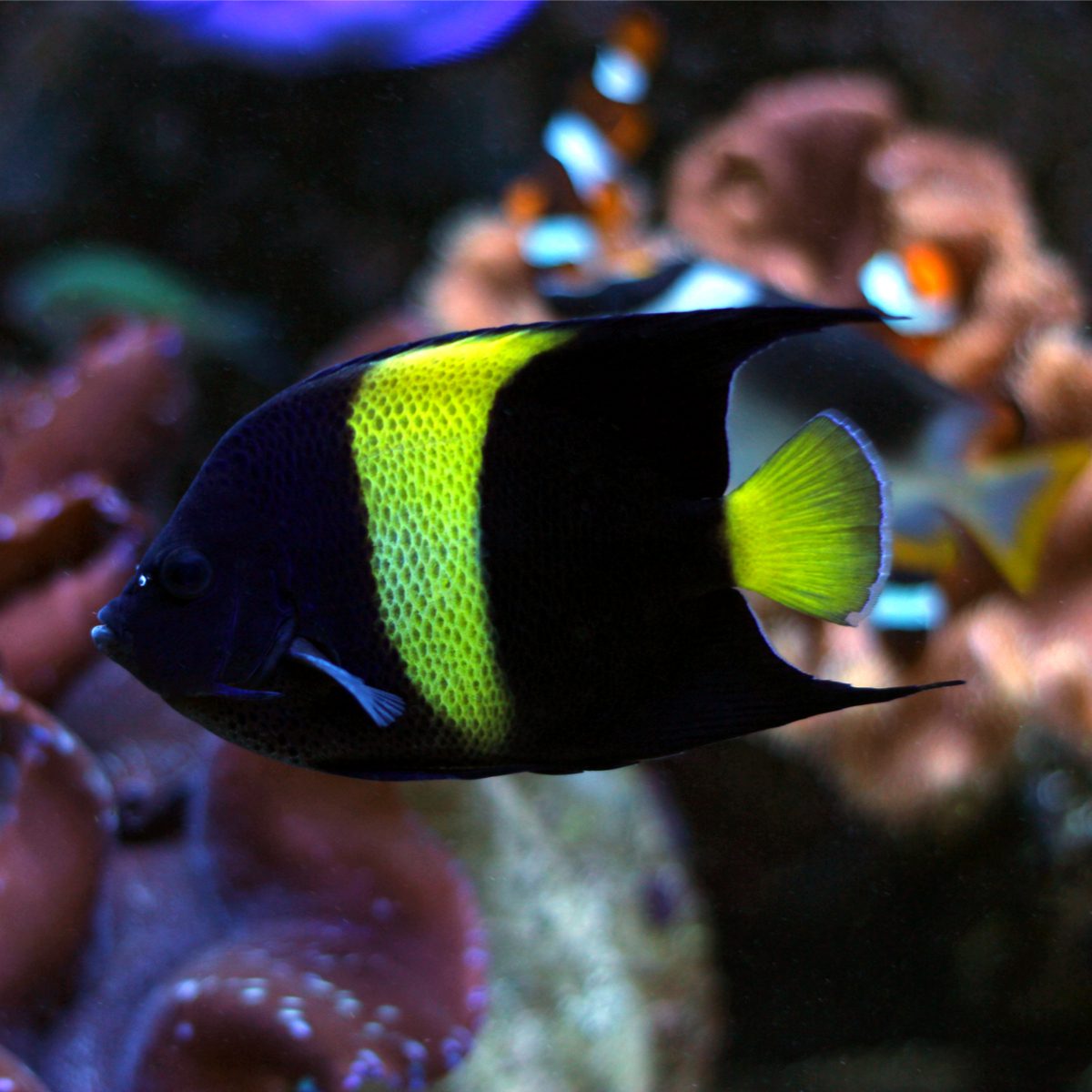
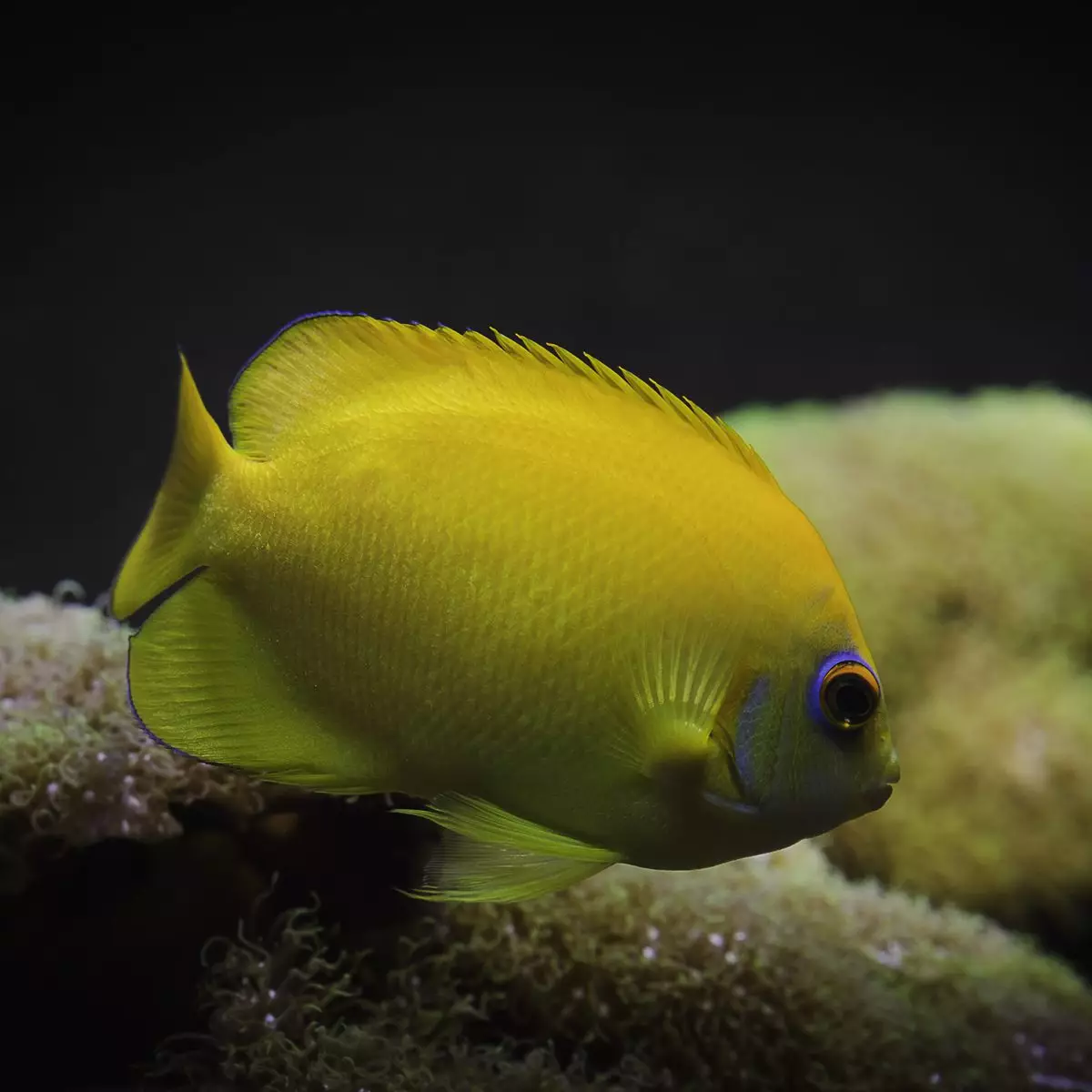
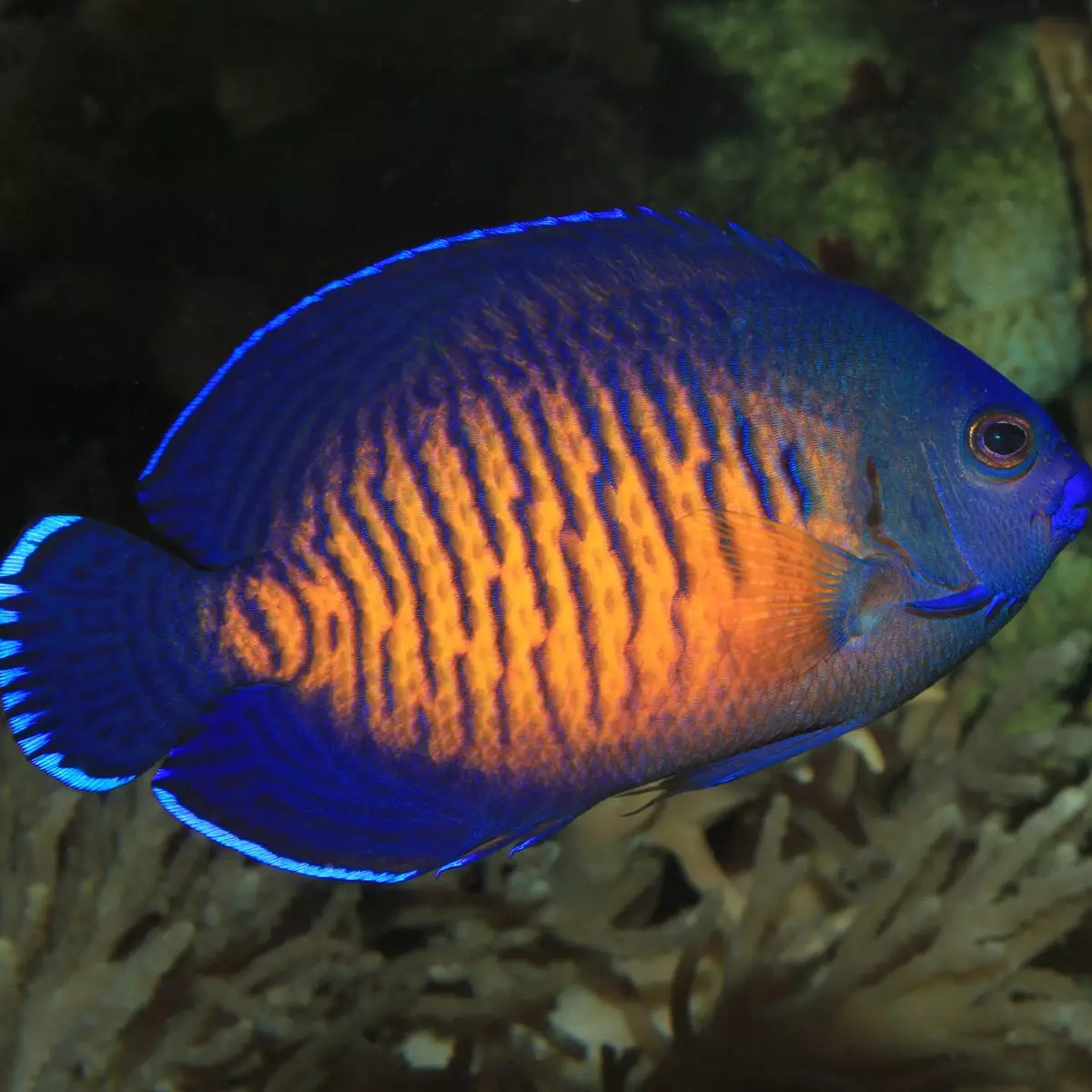
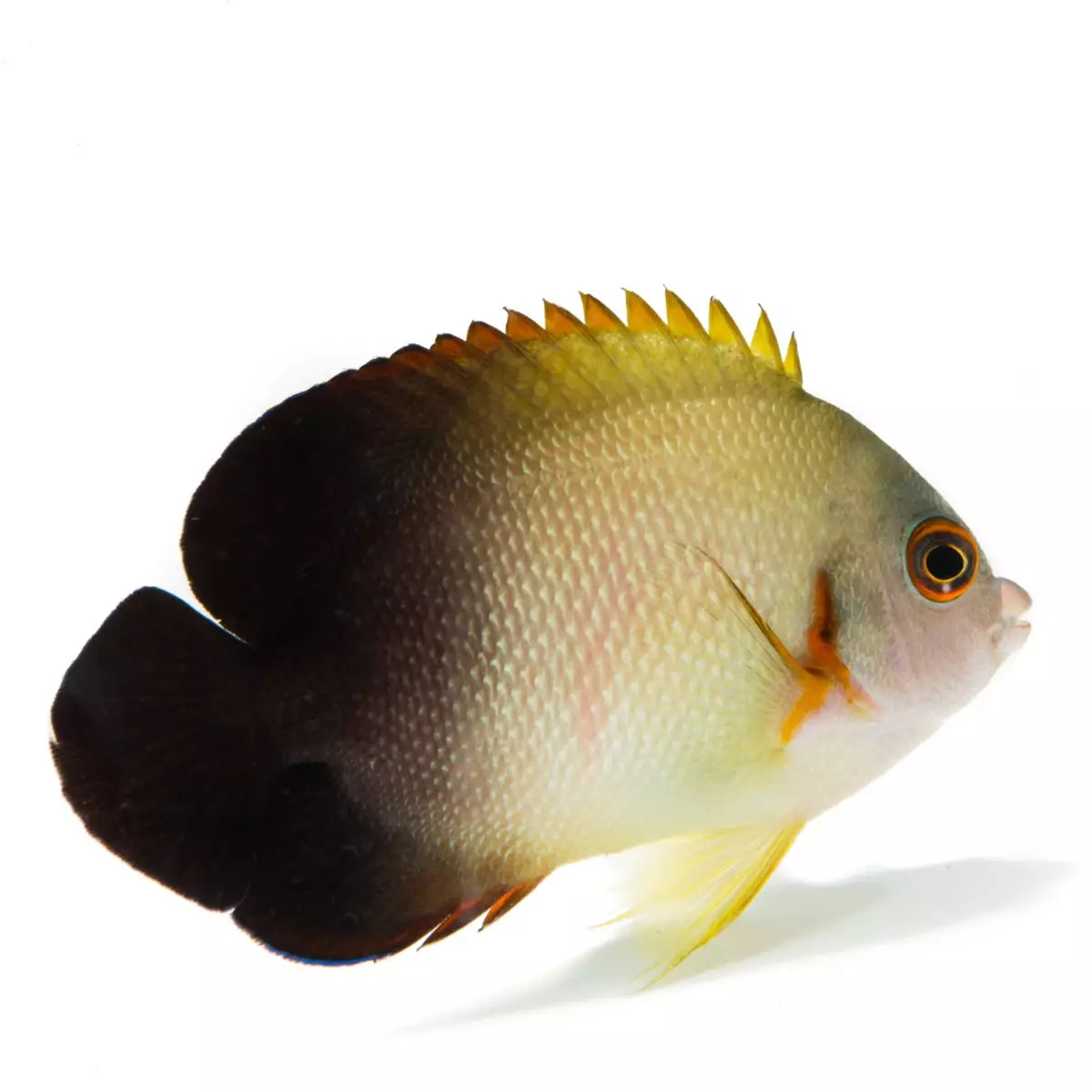
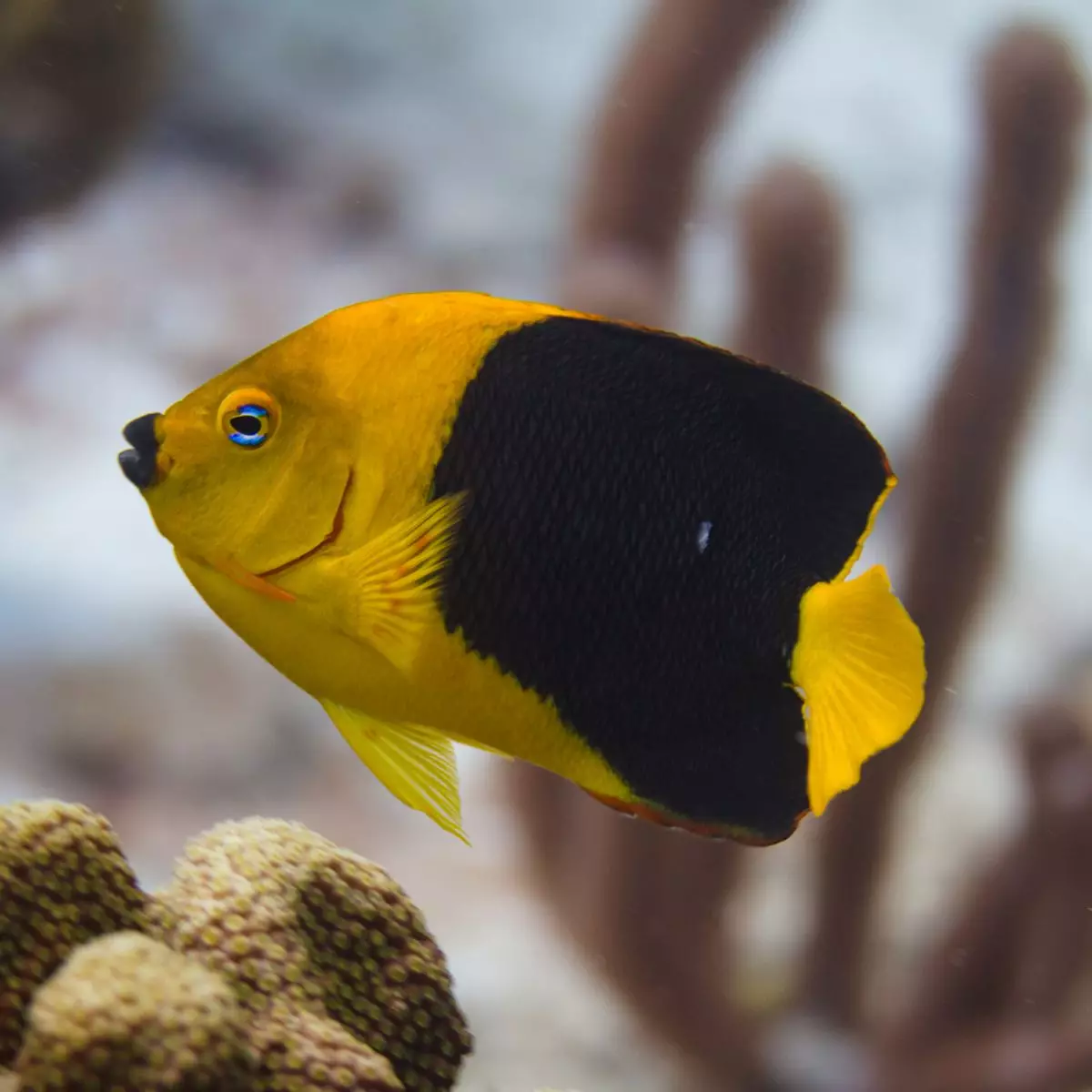
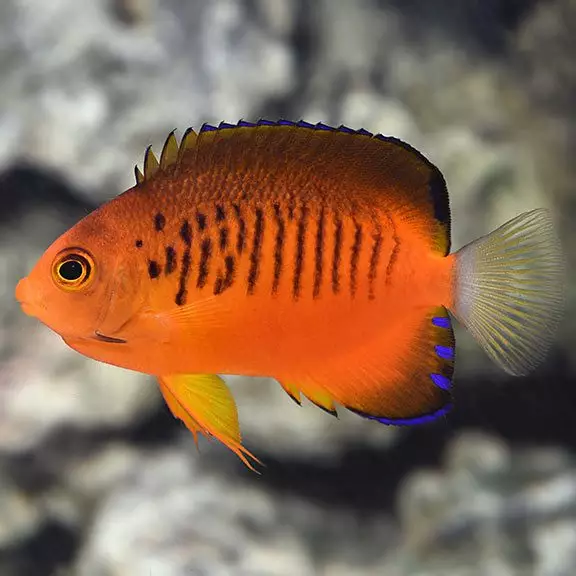
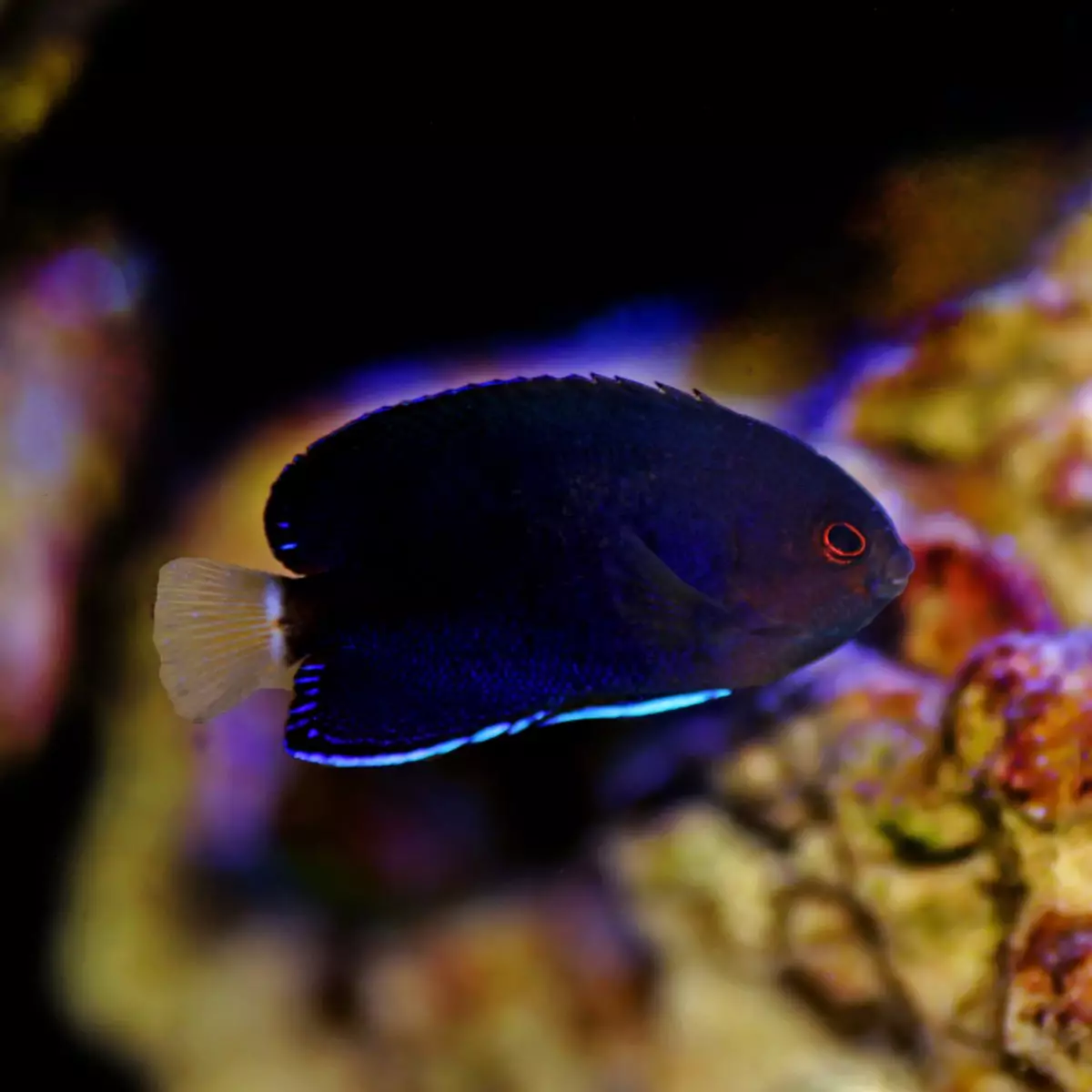
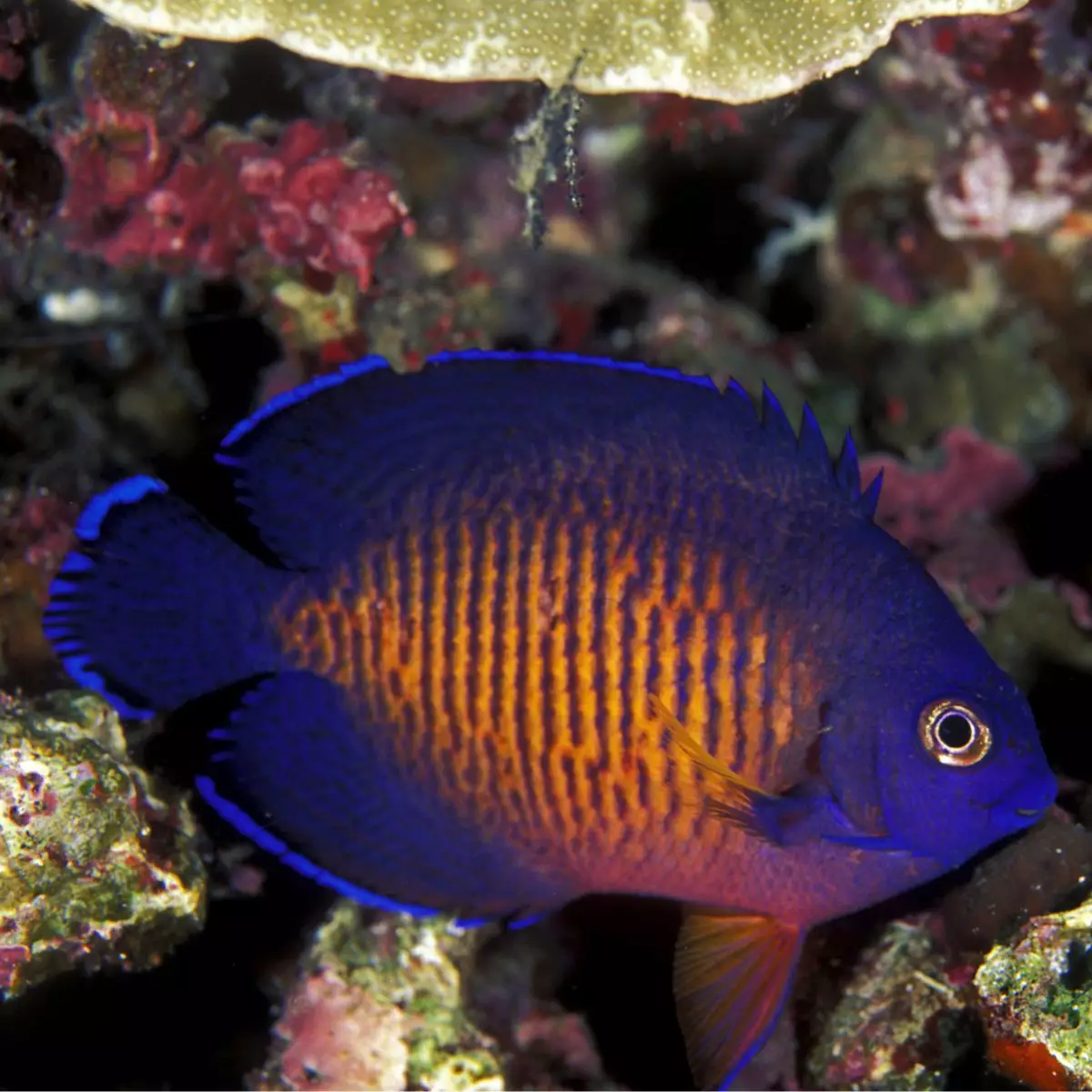
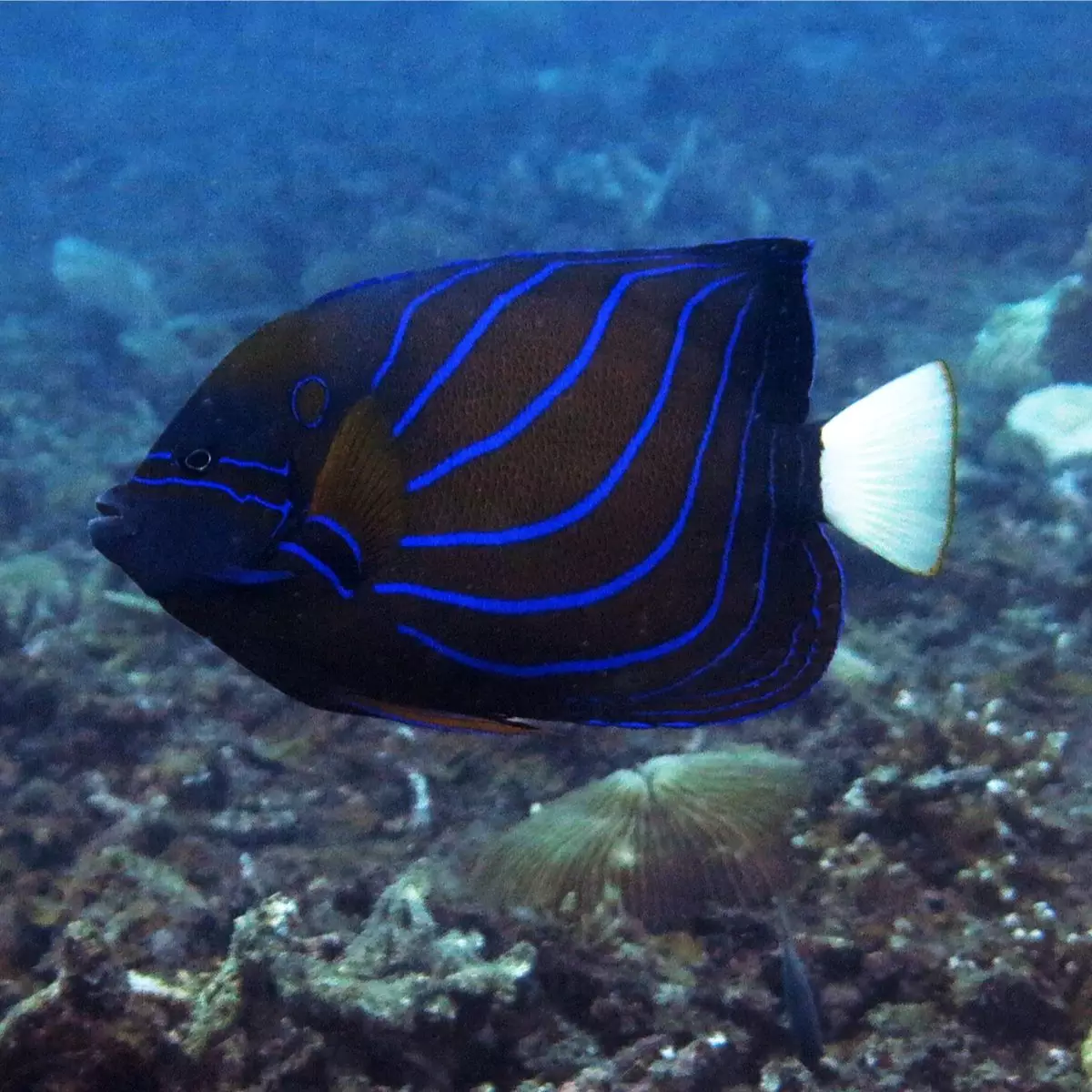
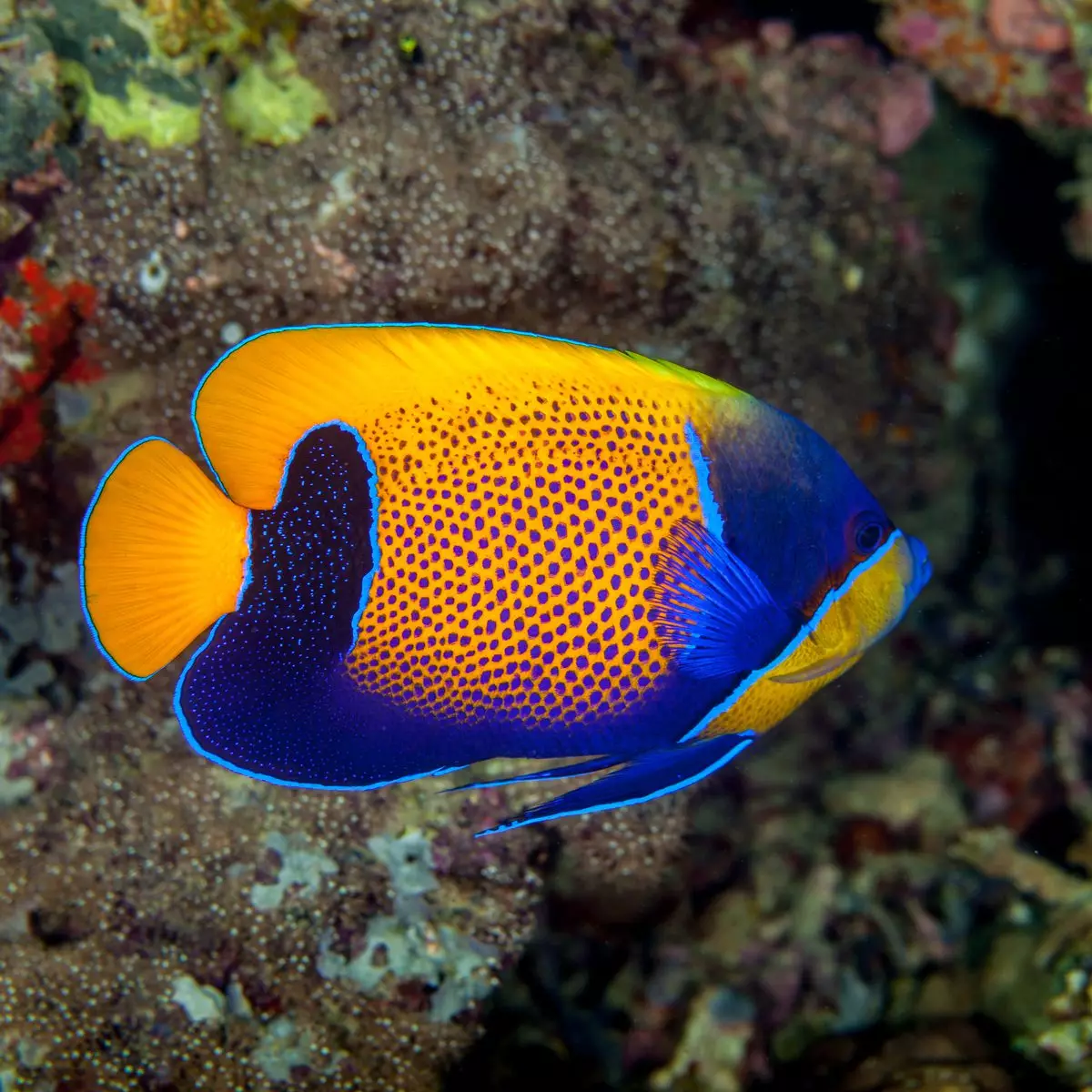
Reviews
There are no reviews yet.